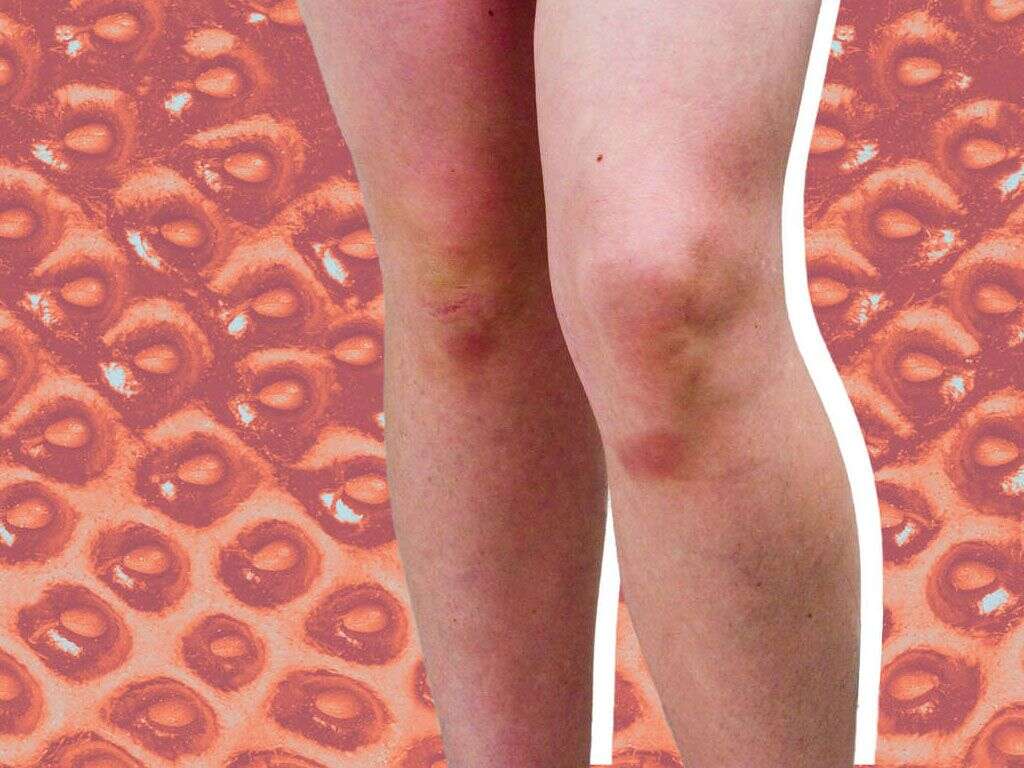10 Causes of Calf Cramps
A cramp refers to an involuntary and sudden muscle contraction, which can cause significant pain and temporary paralysis-like immobility. With a sudden onset, it usually resolves on its own after several seconds.
Cramps can occur in both smooth or skeletal muscles. Calf cramps are cramps that occur in the leg (knee to ankle region). After the cramp has resolved, there may be residual muscle soreness. Cramps are more common among older people, teenagers, and those who exercise at night.
While harmless, it can be painful and cause distress and anxiety. When a calf cramp occurs, gentle stretching, massaging, taking a warm bath or shower, and putting light pressure on the leg by standing or walking may help relieve the cramp.
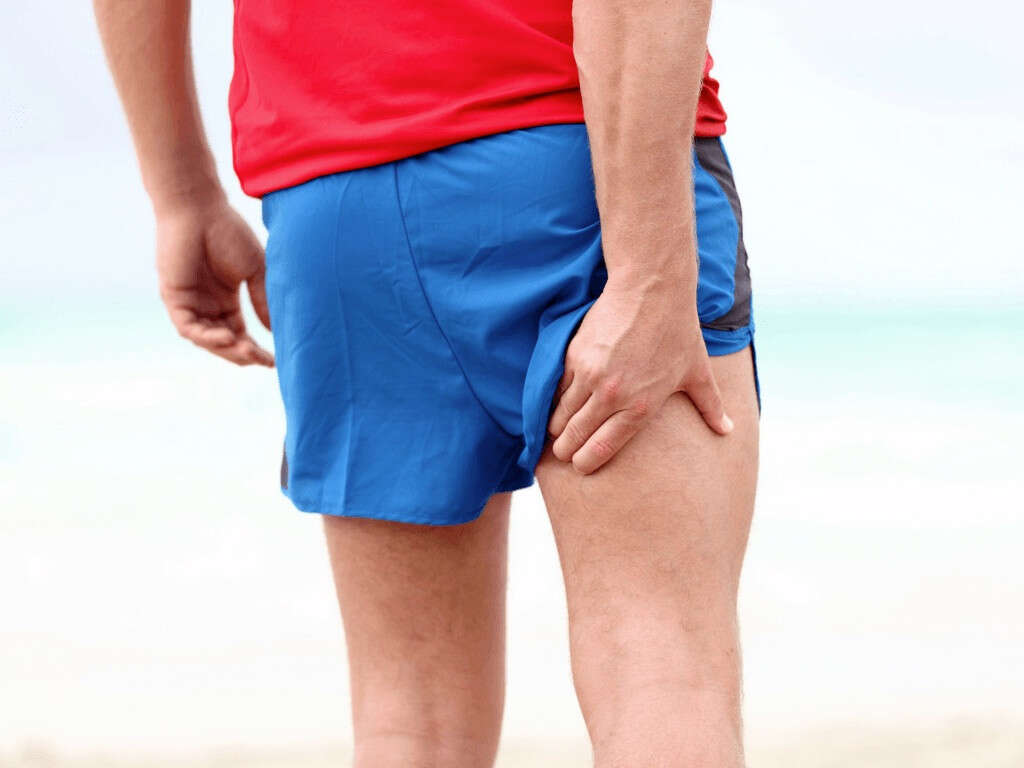
Cause #1: Pregnancy
While the exact cause of why leg or calf cramps occur during pregnancy is still unclear, it is thought to be due to fatigue. When the growing fetus causes enlargement of the uterus, this presses on nerves, leading to decreased blood circulation in the legs. This can be a contributing factor for calf cramps.
Another possible explanation would be due to dehydration, calcium deficiency, or magnesium deficiency. Mostly harmless, those affected can try massaging the calf and flexing the foot by lifting the toes up. It may also be preventable by avoiding standing or sitting for an extended duration, taking calcium or magnesium supplements under the guidance of your healthcare provider overseeing your pregnancy, and staying hydrated.

Cause #2: Exercise
Exercise refers to activity that is performed to maintain fitness, health, and wellness. It can also be done to increase development or growth, strengthen muscles, improve the cardiovascular system, prevent aging, and for weight loss.
Generally, for most adults, it is recommended that 150 minutes of moderate activity or 75 minutes of vigorous activity are performed weekly. When exercise places strain on the muscles, leg or calf cramps may occur, especially when resting after exercise.

Cause #3: Idiopathic Leg Cramps
Idiopathic is a term that translates to “unknown.” Since the cause of idiopathic leg cramps is still unknown, some theories about the mechanism include abnormal nerve activity during sleep, excessive strain, and restriction of blood supply to the muscles.
The aging process may cause muscles and tendons to become stiffer and less hydrated due to the lifestyle many older individuals adopt. These individuals may therefore experience calf cramps more often than others.

Cause #4: Medications
Medications or pharmaceutical drugs are used to cure, treat, or prevent disease. In some individuals with calf or leg cramps, common medications such as statins and diuretics may be the main cause.
Diuretics are generally used to remove fluid from the body and can be used in the treatment of kidney disease, heart failure, and hypertension. Statins are a class of drug used in the treatment of high cholesterol. Other medications that may cause calf cramps include nicotinic acid, nifedipine, and raloxifene.

Cause #5: Liver Disease
Liver or hepatic disease occurs when there is disease or damage to the liver. There are many different types of liver disease. Generally, it leads to weight loss and jaundice. Examples of liver disease include fascioliasis, hepatitis, alcoholic liver disease, fatty liver disease, hereditary diseases, and liver cancer.
In liver disease, calf or leg cramps may occur as the liver can no longer function properly to rid the body of toxins. As the toxins build up in the blood, it can cause muscle cramps and spasms. Treatment of liver disease depends on the type and cause of liver disease.
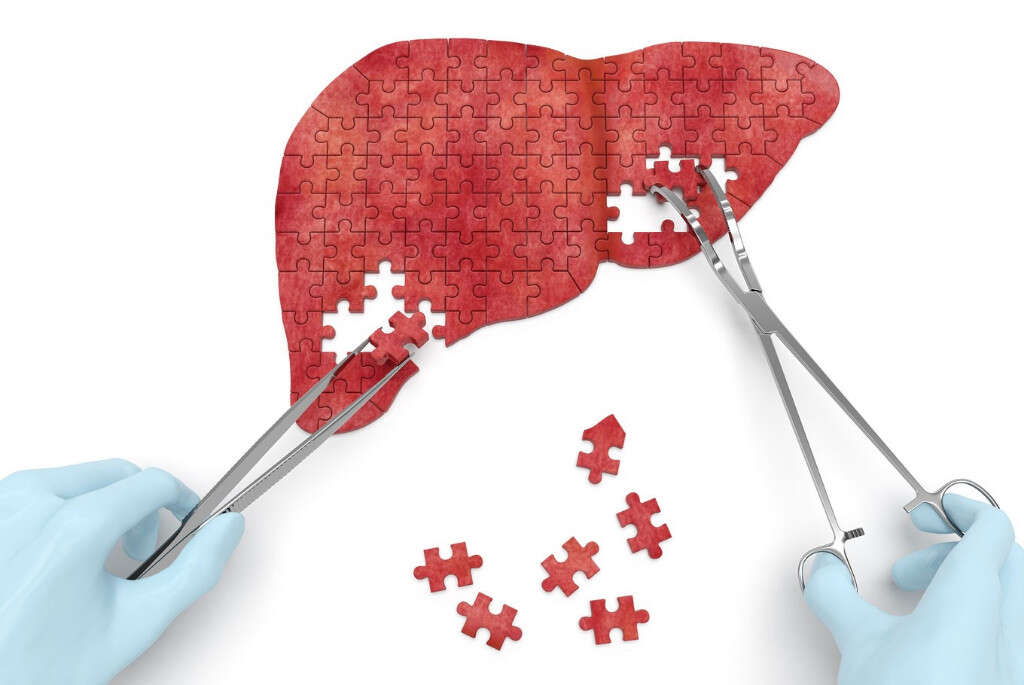
Cause #6: Peripheral Neuropathy
Peripheral neuropathy describes disease that affects the nerves that are beyond the spinal cord and brain. Damage to the peripheral nerves can result in impaired movement, impaired sensation, and disrupted function depending on the nerves affected. The onset of peripheral neuropathy can be sudden with a rapid progress or gradual onset and progress. Depending on the disease, it can be either temporary or permanent.
Some examples of diseases that can cause peripheral neuropathy include diabetes, vitamin deficiency, chemotherapy, leprosy, and more. Leg or calf cramps may occur as neuropathy can cause painful cramps, muscle loss, fasciculations, bone degeneration, and changes in the hair, skin, and nails.
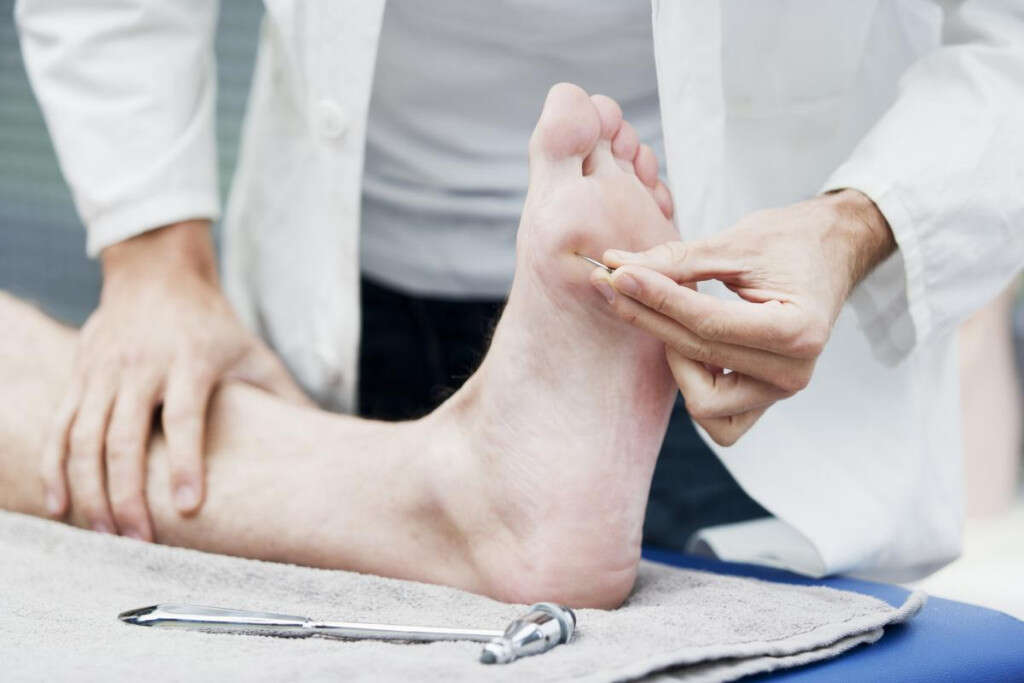
Cause #7: Motor Neuron Disease
Motor neuron disease refers to a group of conditions that affect motor neurons, which are cells that control the voluntary muscles in the body. Some examples of conditions in this group are amyotrophic lateral sclerosis (Lou Gehrig’s disease), monomelic amyotrophy, pseudobulbar palsy, and progressive bulbar palsy.
Motor neuron disease can affect adults or children. Although primarily causing movement-related issues, the main symptom often seen is muscle weakness. Symptoms usually begin and progress gradually with muscle weakness, muscle spasms, cramps, difficulty breathing, respiratory difficulty, dysarthria, and dysphagia. Calf or leg cramps occur when the disease affects nerves supplying the leg muscles.
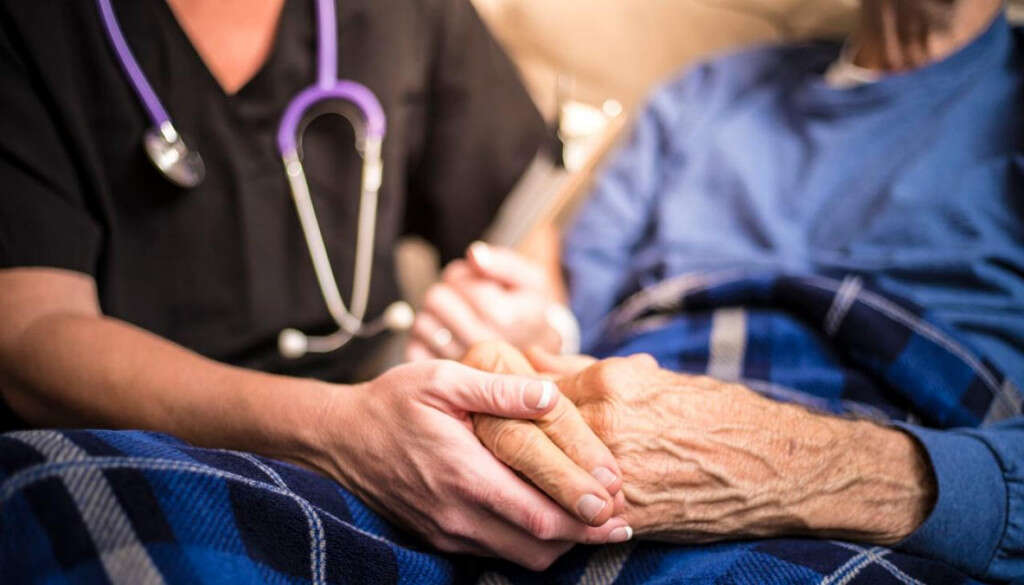
Cause #8: Infection
Infection occurs when there is invasion of the body tissues by pathogens. Besides invasion, there is also multiplication and potential production of toxins. Infections can be caused by viruses, prions, bacteria, parasites, arthropods, and fungi. Depending on the immune system, hosts can fight off the infections. Treatment of an infection depends on the underlying cause. It may involve the use of antibiotics, antifungals, antivirals, anthelminthics, or antiprotozoals.
There are some types of infection that can cause muscle cramps and spasm. One good example is tetanus, which causes spasms all over the body. Cramps can also occur in the calf or leg. The spasms are so intense to the point where it can result in bone fractures.

Cause #9: Toxins
A toxin is a harmful substance capable of causing disease when it comes in contact or absorbed by body tissues. Toxins can range from mild toxicity to deadly. In some individuals, high levels of toxins such as mercury or lead can result in calf or leg cramps.
Mercury poisoning can also cause skin rashes, numbness in the extremities, muscle weakness, trouble speaking, visual issues, difficulty hearing, and memory problems. Lead poisoning can cause headaches, irritability, abdominal pain, memory issues, paresthesia in extremities, anemia, and seizures, among others.

Cause #10: Dehydration
Dehydration occurs when there is deficit in the total body water causing a disruption of the body’s metabolic processes. Deficit of total body water can occur when there is excessive free water loss compared to free water intake due to disease, exercise, or high environmental pressure.
Most individuals are able to handle 3 to 4 percent of decrease in total body water without experiencing adverse effects. When there is 5 to 8 percent decrease, there can be dizziness and fatigue. When the deficit is more than 10 percent, physical and mental deterioration begins. Once the deficit reaches 15 to 25 percent, death can occur. Symptoms of dehydration include headaches, thirst, general discomfort, appetite loss, confusion, tiredness, seizures, and leg or calf cramps. Calf cramps occur as water deficit can lead to decreased salt levels, triggering muscle cramps.







